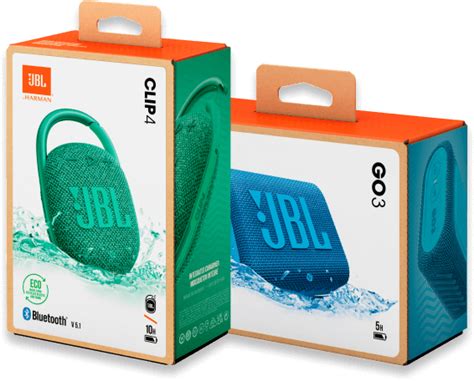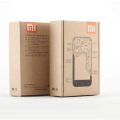How to Identify Counterfeit JBL Speakers: A Comprehensive Guide
JBL speakers are renowned for their exceptional audio quality and durability, making them a popular choice among music enthusiasts and audiophiles. However, the growing popularity of these speakers has also led to an increase in counterfeit products flooding the market. Recognizing a fake JBL speaker can be challenging, but with the right knowledge and careful inspection, you can protect yourself from purchasing a substandard product. In this comprehensive guide, we will delve into the key characteristics that differentiate authentic JBL speakers from their counterfeit counterparts. We will also discuss the potential risks of buying a fake speaker and provide you with valuable tips on how to avoid falling prey to counterfeiters.
How Can I Tell if My JBL Speaker is Real or Fake?
Distinguishing between genuine and counterfeit JBL speakers requires a keen eye for detail. There are several subtle clues that can help you identify a fake, including:
- Packaging: The packaging of a genuine JBL speaker is typically of high quality, with clear and consistent branding, accurate product information, and proper labeling. Counterfeit packaging may be poorly printed, have grammatical errors, or lack essential details.
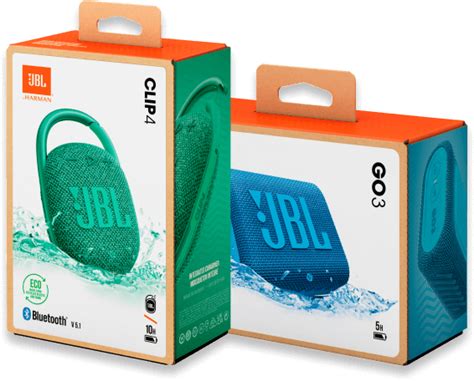
- Serial Number: Every authentic JBL speaker has a unique serial number that can be verified on the JBL website. Counterfeit speakers often have generic or inconsistent serial numbers that don’t correspond to any registered product.
- Build Quality: Genuine JBL speakers are known for their robust construction, using high-quality materials and precise engineering. Counterfeit speakers, on the other hand, may exhibit poor craftsmanship, with loose components, misaligned panels, or flimsy materials.
- Sound Quality: One of the most noticeable differences between a genuine JBL speaker and a fake is the sound quality. Counterfeit speakers often produce distorted, muddy, or low-quality audio.
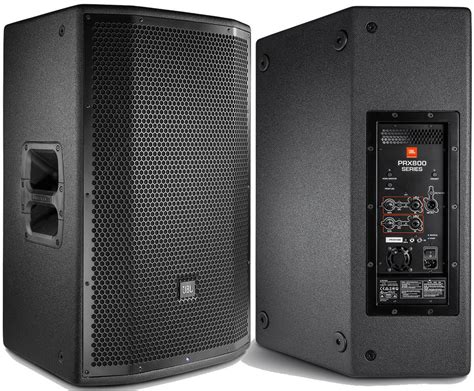
It is important to note that counterfeiters are constantly improving their techniques, making it harder to distinguish fakes from the real deal. If you are unsure about the authenticity of a speaker, it is always advisable to consult with an authorized JBL dealer or a trusted audio professional.
What Are the Risks of Buying a Counterfeit JBL Speaker?
Purchasing a counterfeit JBL speaker can come with several risks, including:
- Poor Sound Quality: Counterfeit speakers often produce inferior sound quality compared to genuine JBL speakers. This can result in a disappointing audio experience and a waste of your money.
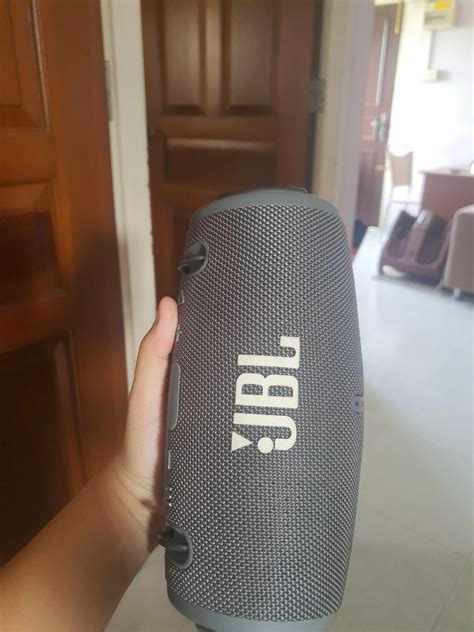
- Durability Issues: Counterfeit speakers are typically made with low-quality materials and components, leading to reduced durability. They may break down easily, leaving you with a faulty product.
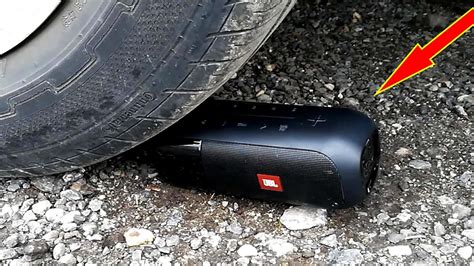
- Safety Hazards: Counterfeit speakers may pose safety risks due to faulty wiring, overheating, or other electrical issues. They can be a fire hazard or result in electrical shocks.
- Warranty Issues: Counterfeit speakers are not eligible for JBL’s warranty. If you experience problems with a fake speaker, you will not be able to obtain any support or repairs from the manufacturer.
These risks highlight the importance of buying JBL speakers from reputable sources and taking precautions to avoid counterfeit products. Your investment in a genuine JBL speaker will ensure a superior audio experience, greater durability, and peace of mind.
Where Can I Find Authentic JBL Speakers?
To ensure that you are purchasing genuine JBL speakers, it is crucial to buy from authorized retailers or dealers. These retailers have established partnerships with JBL and are committed to selling authentic products. Here are some reliable sources for purchasing genuine JBL speakers:
- JBL Website: The official JBL website is a trustworthy source for buying genuine speakers. They offer a wide selection of products and provide detailed information about each model.
- Authorized Retailers: Look for retailers that are listed as authorized dealers on the JBL website. They often have physical stores and online presence.
- Electronic Stores: Major electronic retailers like Best Buy, Amazon, and Walmart often carry a wide range of JBL speakers. Be sure to check their return policies and customer reviews before purchasing.
- Audio Specialist Stores: Audio specialty stores that focus on high-quality audio equipment are also reliable sources for genuine JBL speakers.
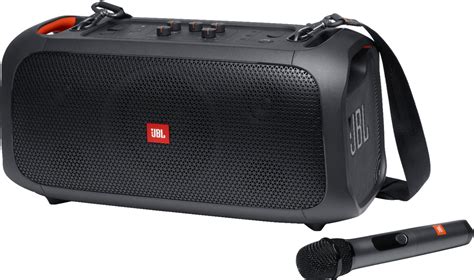
When buying from online retailers, it is essential to be cautious and verify the seller’s reputation. Check their feedback ratings, read customer reviews, and look for signs of legitimacy before making a purchase.
What are Some Specific Features to Look Out for When Identifying a Fake JBL Speaker?
While the general characteristics discussed earlier provide a good starting point, some specific features can help you pinpoint counterfeit JBL speakers:
- Logos and Branding: Genuine JBL speakers have clear and consistent branding, with the JBL logo accurately displayed on the product and packaging. Counterfeit speakers may have blurry or misaligned logos, inconsistent font styles, or misspelled brand names.
- Materials and Finishes: Pay close attention to the materials used in the speaker construction. Genuine JBL speakers typically use high-quality materials like metal, rubber, and durable plastics. Counterfeit speakers may use cheaper materials, leading to a less refined look and feel.
- Drivers and Tweeter: Counterfeit speakers may have inferior drivers and tweeters, which can affect sound quality. Inspect the speaker’s drivers and tweeters for any signs of low-quality materials or manufacturing defects.
- Wiring and Connections: Genuine JBL speakers have well-constructed wiring and secure connections. Counterfeit speakers may exhibit poorly soldered connections, loose wires, or flimsy connectors.
- Sound Quality Testing: Before purchasing a JBL speaker, it is advisable to listen to its sound quality. Compare it to other JBL speakers or known authentic models to identify any noticeable differences in sound quality or performance.
By carefully examining these specific features, you can enhance your ability to detect counterfeit JBL speakers and make informed purchasing decisions.
What is the Best Way to Verify a JBL Speaker’s Authenticity?
Verifying the authenticity of a JBL speaker involves a combination of careful inspection and online verification. Here are the recommended steps to ensure you are purchasing a genuine product:
- Inspect the Packaging: Look for any inconsistencies, misspellings, or low-quality printing on the packaging. The logo, branding, and product information should be clear and consistent.
- Check the Serial Number: Locate the serial number on the speaker or its packaging. Visit the JBL website and enter the serial number to verify its authenticity.
- Examine the Speaker: Inspect the speaker for any signs of poor craftsmanship, misaligned panels, or flimsy materials. Check the logos, drivers, tweeters, wiring, and connections for any inconsistencies.
- Listen to the Sound: Compare the sound quality of the speaker to other JBL speakers or known authentic models. Pay attention to any distortion, muddiness, or lack of clarity in the sound.
- Contact JBL Support: If you have any doubts about the authenticity of a speaker, contact JBL customer support for assistance. They can help you verify the authenticity of a speaker based on its serial number or provide further guidance.
By following these steps, you can significantly reduce the risk of purchasing a counterfeit JBL speaker and ensure you are getting a genuine product. Remember, it is always better to err on the side of caution and prioritize authenticity over price.
What are Some Common Counterfeit JBL Speaker Models?
Counterfeiters often target popular and high-demand JBL speaker models. Some common counterfeit models include:
- JBL Charge Series: The JBL Charge series is a popular line of portable Bluetooth speakers, making it a target for counterfeiters.
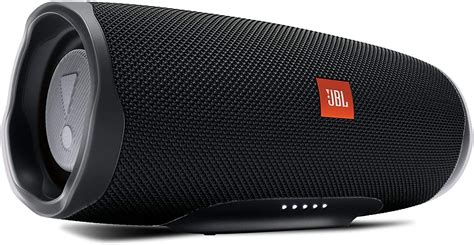
- JBL Flip Series: The JBL Flip series is another popular line of portable Bluetooth speakers that counterfeiters often target.
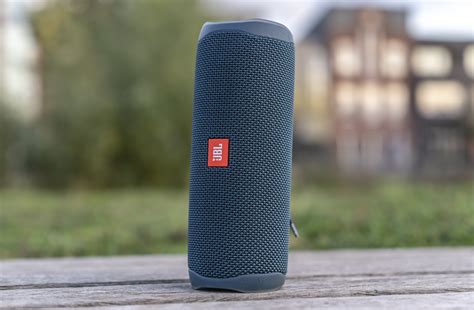
- JBL Xtreme Series: The JBL Xtreme series is a line of larger portable Bluetooth speakers with powerful sound, making it a desirable target for counterfeiters.
- JBL Pulse Series: The JBL Pulse series is known for its unique light show capabilities, which may attract counterfeiters looking to capitalize on its popularity.
- JBL Boombox Series: The JBL Boombox series is a line of large, powerful portable Bluetooth speakers that are popular for their impressive sound and durability.
If you are interested in purchasing a speaker from any of these popular series, be extra vigilant and follow the tips discussed in this guide to avoid counterfeit products.
Can I Sue Someone for Selling Counterfeit JBL Speakers?
Yes, you can sue someone for selling counterfeit JBL speakers. Counterfeit goods are illegal and a violation of intellectual property rights. This includes selling counterfeit speakers. You can pursue legal action against individuals or businesses involved in the sale of counterfeit goods.
The legal process for suing someone for selling counterfeit speakers involves several steps, including:
- Evidence Collection: You need to gather evidence that proves the speakers are counterfeit. This might include photos, receipts, or documentation from JBL.
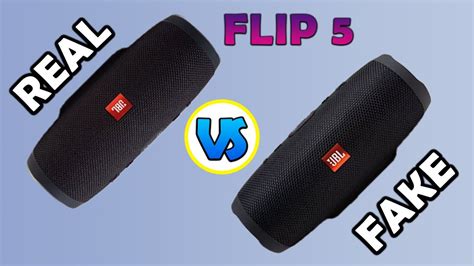
- Legal Representation: Consult with an intellectual property lawyer who specializes in counterfeit cases. They can advise you on the best course of action and represent you in court.
- Filing a Lawsuit: Your lawyer will file a lawsuit against the seller of the counterfeit speakers. The lawsuit will allege that the seller violated JBL’s intellectual property rights and caused damages.
- Discovery and Trial: The legal process will involve gathering evidence, depositions, and potentially a trial. The outcome of the lawsuit will depend on the strength of your case and the evidence presented.
Suing someone for selling counterfeit JBL speakers can be a lengthy and costly process. It is important to weigh the potential benefits against the risks and costs involved.
What Should I Do if I Suspect I Have a Counterfeit JBL Speaker?
If you suspect you have purchased a counterfeit JBL speaker, it is important to take action to protect yourself. Here are some steps you can take:
- Stop Using the Speaker: It is best to stop using the speaker immediately, as it may pose safety risks.
- Contact the Seller: Contact the seller and inform them that you believe the speaker is counterfeit. Request a refund or exchange for a genuine product.
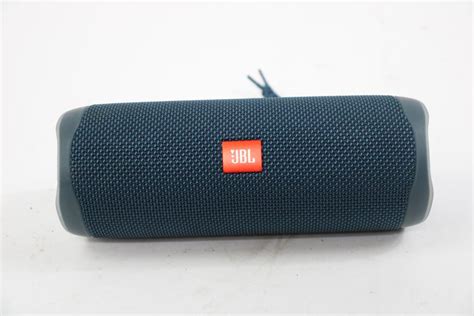
- Report to JBL: Report the suspected counterfeit speaker to JBL customer support. They may be able to assist in verifying its authenticity and provide further guidance.
- Report to Law Enforcement: If you believe the seller is knowingly selling counterfeit goods, you can report them to local law enforcement or the authorities responsible for intellectual property rights.
By taking these steps, you can protect yourself from further harm and help combat the illegal trade of counterfeit goods.
Table Summarizing Information
| Feature | Genuine JBL Speaker | Counterfeit JBL Speaker |
|---|---|---|
| Packaging | High quality, clear branding, accurate information | Poorly printed, grammatical errors, missing details |
| Serial Number | Unique and verifiable on JBL website | Generic, inconsistent, or non-existent |
| Build Quality | Robust construction, high-quality materials, precise engineering | Poor craftsmanship, loose components, misaligned panels, flimsy materials |
| Sound Quality | Exceptional audio quality, clear and balanced sound | Distorted, muddy, or low-quality audio |
| Logos and Branding | Clear and consistent branding, accurately displayed logo | Blurry or misaligned logos, inconsistent font styles, misspelled brand names |
| Materials and Finishes | High-quality materials, refined look and feel | Cheaper materials, less refined look and feel |
| Drivers and Tweeter | High-quality drivers and tweeters | Inferior drivers and tweeters, may affect sound quality |
| Wiring and Connections | Well-constructed wiring, secure connections | Poorly soldered connections, loose wires, flimsy connectors |
| Warranty | Eligible for JBL warranty | Not eligible for JBL warranty |
FAQ
What are the most common ways to spot a fake JBL speaker?
The most common ways to spot a fake JBL speaker include inspecting the packaging, verifying the serial number, examining the build quality, and listening to the sound quality. Counterfeit speakers often have poorly printed packaging, inconsistent serial numbers, poor craftsmanship, and distorted sound.
Where can I find reliable resources for buying genuine JBL speakers?
To ensure you are buying genuine JBL speakers, it is best to purchase from authorized retailers, JBL’s website, or reputable electronics stores. Avoid buying from unknown sellers or websites that offer suspiciously low prices. 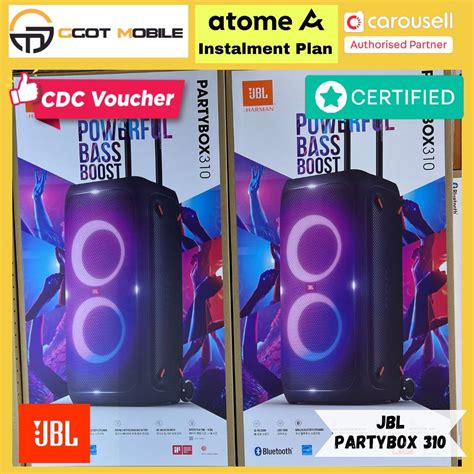
How can I verify the authenticity of a JBL speaker I have already purchased?
You can verify the authenticity of a JBL speaker by checking the serial number on the JBL website. If the serial number is not registered or does not match the speaker model, it may be a counterfeit. You can also contact JBL customer support for assistance.
What are some signs of a counterfeit JBL speaker that I should be aware of?
Some signs of a counterfeit JBL speaker include blurry or misaligned logos, inconsistent branding, poor craftsmanship, flimsy materials, distorted sound, and missing or generic serial numbers.
Is it legal to sell counterfeit JBL speakers?
No, it is illegal to sell counterfeit JBL speakers. Counterfeiting is a violation of intellectual property rights and can result in legal consequences.
What are the potential consequences of buying a counterfeit JBL speaker?
Buying a counterfeit JBL speaker can lead to several negative consequences, including poor sound quality, durability issues, safety hazards, and warranty problems. You may also be supporting illegal activities.
What should I do if I have purchased a counterfeit JBL speaker?
If you suspect you have purchased a counterfeit JBL speaker, you should stop using it immediately, contact the seller to request a refund or exchange, report the issue to JBL customer support, and consider reporting it to law enforcement.

